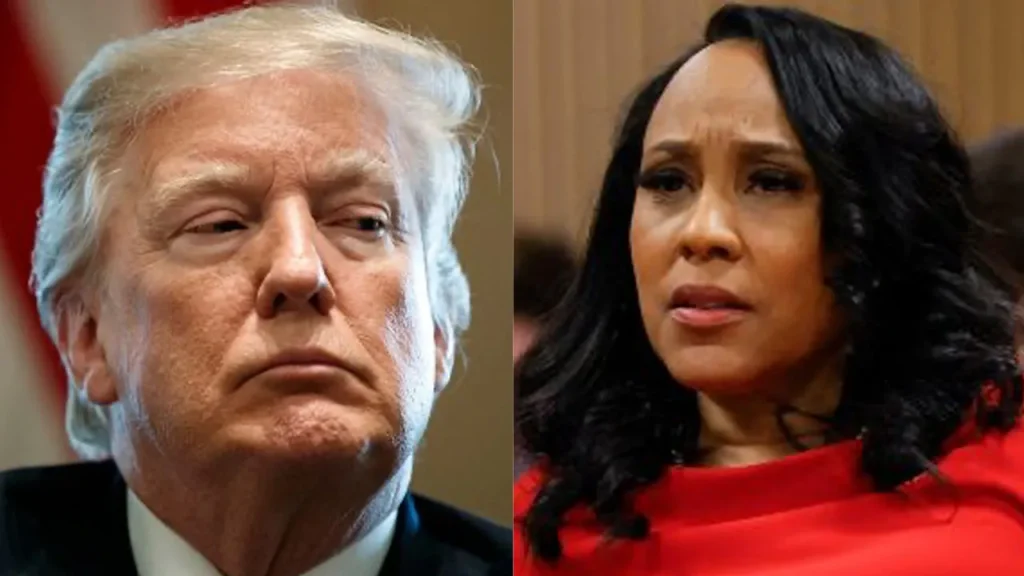In a hearing in Fulton County Superior Court, lawyers for former President Trump argued that the election interference case against him should be dismissed, citing First Amendment protections for political speech. Judge Scott McAfee presided over the hearing, the first court appearance in the Trump case since ordering District Attorney Fani Willis to remove special counsel Nathan Wade due to their romantic affair. The arguments related to motions from Trump and co-defendant David Shafer, the former chairman of the Georgia Republican Party, who his lawyer says acted legally when they signed a certificate asserting that Trump won the 2020 presidential election in Georgia. Steve Sadow, counsel for Trump, argued that all allegations against him were political speech and should be protected under the First Amendment.
Sadow referenced a dissent in a Supreme Court case written by Justices Clarence Thomas and Samuel Alito, emphasizing the importance of allowing speech to be challenged without fear of reprisal, even if considered false. Sadow argued that even false statements could contribute to public debate and bring about a clearer perception of truth. He stated that the allegations against Trump were similar to the scenario described in the dissent and should be protected under the First Amendment. The state’s lawyer, however, pushed back against this argument, accusing Trump of being part of a criminal conspiracy to overturn election results through various illegal activities, in addition to making false statements.
Trump was indicted in August on multiple charges, including violations of the Georgia RICO Act, solicitation of violation of oath by a public officer, conspiracy to commit impersonation of a public officer, and several other conspiracy charges related to filing false documents and making false statements. In March, Judge McAfee dismissed six of the charges against Trump and his co-defendants, citing insufficient detail in the state’s allegations for those specific counts. The hearing in Fulton County Superior Court focused on the arguments surrounding the remaining charges and whether they should be dismissed based on the argument that they are protected political speech under the First Amendment.
The state’s lawyer argued that the indictment against Trump was not simply about speech, but about his involvement in a criminal conspiracy to fraudulently overturn election results. They emphasized that Trump’s actions went beyond mere speech and included violations of various laws, such as RICO, forgery, making false statements, and filing false documents. The state lawyer contended that Trump was not merely expressing opinions but was actively engaged in illegal activities to achieve his goals. This argument countered Sadow’s assertion that Trump’s actions were protected political speech and highlighted the seriousness of the allegations against him.
The hearing in Fulton County Superior Court marked a significant moment in the legal battle against Trump, with his lawyers arguing for the dismissal of the case based on First Amendment protections for political speech. The state’s lawyer countered these arguments by highlighting the criminal nature of the allegations and accusing Trump of being part of a broader conspiracy to commit election fraud. Judge McAfee will ultimately have to weigh these arguments and decide whether the remaining charges against Trump and his co-defendants should be dismissed or proceed to trial. The outcome of this hearing will have implications for the ongoing legal battle and the broader debate about the limits of political speech and legal accountability for public figures.


